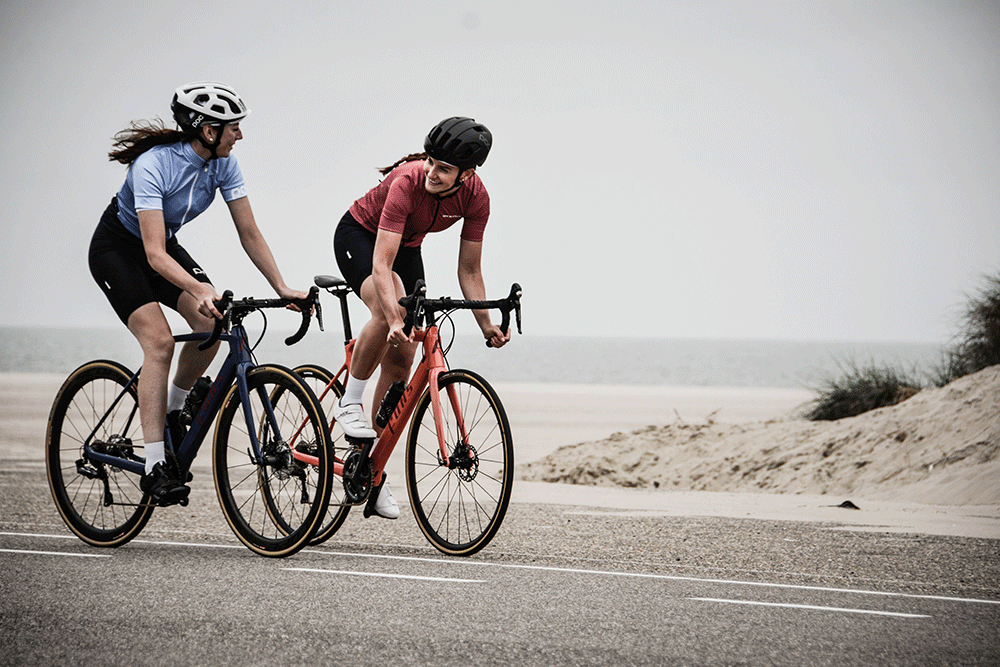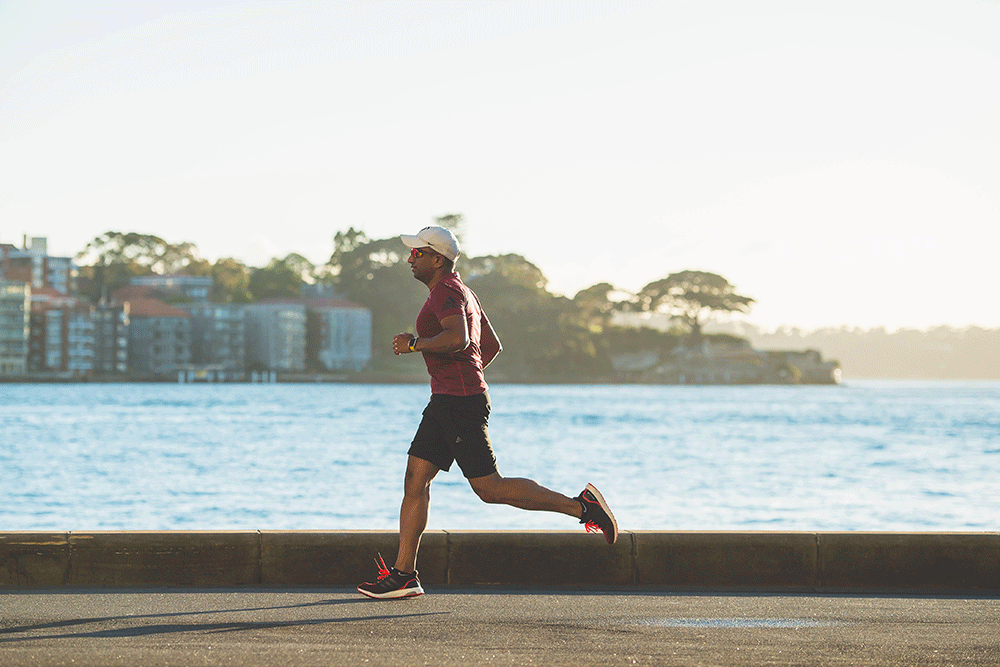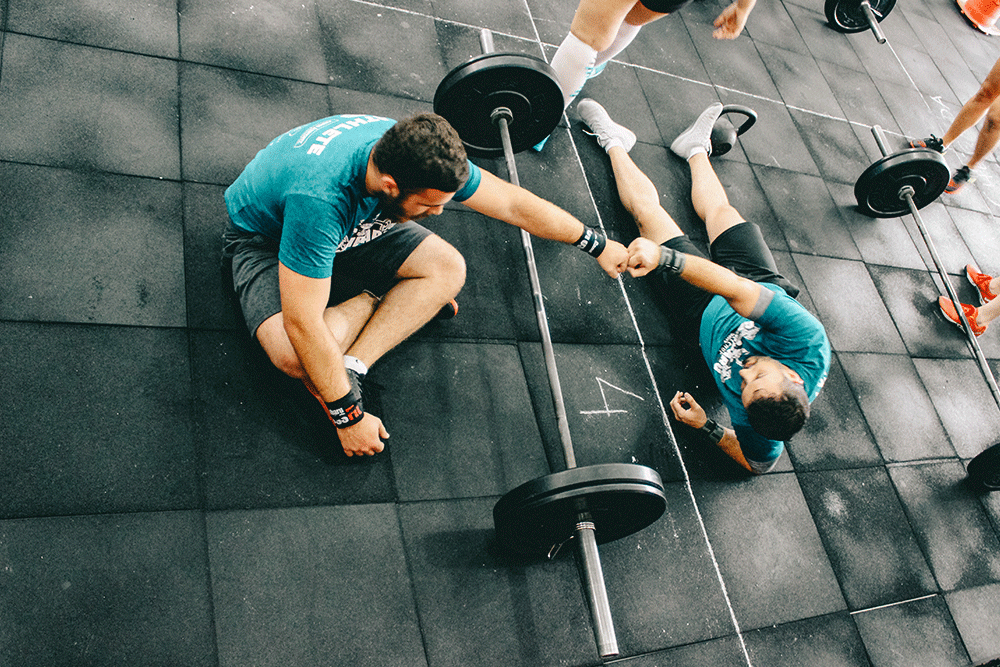Drink Plenty of Fluids: Aim to drink enough fluids throughout the day to maintain adequate hydration. The general recommendation is to consume at least 8 cups (64 ounces) of water per day, but individual needs may vary based on factors such as body size, activity level, and climate. Don’t wait until you’re thirsty to drink water; thirst is a sign that you’re already partially dehydrated.
Hydrate Before Exercise: Start your workout or training session in a well-hydrated state. Consume 16 to 20 ounces of water or a sports drink 2 to 3 hours before exercise, and an additional 8 to 10 ounces 10 to 20 minutes before starting. This ensures that your body is adequately hydrated and ready for physical exertion.
Hydrate During Exercise: During prolonged or intense exercise, it’s important to replace fluids lost through sweat. Aim to drink 7 to 10 ounces of fluid every 10 to 20 minutes during exercise. If you’re engaged in endurance activities lasting longer than an hour, consider a sports drink that contains electrolytes to replenish sodium and other minerals lost through sweat.
Monitor Sweat Rate: Weigh yourself before and after exercise to estimate your sweat rate. For every pound lost during exercise, drink 16 to 24 ounces of fluid to rehydrate adequately. This helps ensure that you’re replenishing the fluids you’ve lost.
Consider Electrolytes: Electrolytes, such as sodium, potassium, and magnesium, are essential for fluid balance and muscle function. If you’re engaging in prolonged or intense exercise, consider consuming a sports drink or electrolyte-enhanced water to replenish these minerals.
Post-Exercise Hydration: After exercise, continue to hydrate to replace fluids lost during the workout. Drink 16 to 24 ounces of fluid for every pound lost. Water is generally sufficient for rehydration unless you’ve engaged in prolonged intense exercise or if you’ve sweated excessively, in which case a sports drink may be beneficial.
Listen to Your Body: Pay attention to signs of dehydration, such as dark urine, dry mouth, dizziness, or fatigue. These are indicators that you need to hydrate. Additionally, listen to your body’s thirst signals and drink fluids as needed throughout the day.
Environmental Factors: Adjust your hydration strategies based on environmental conditions. Hot and humid weather can increase fluid loss through sweat, so you may need to drink more fluids during exercise. On the other hand, cold weather can reduce the sensation of thirst, so be mindful to drink enough fluids even if you don’t feel as thirsty.
Individualized Hydration Strategies: Everyone has unique fluid and electrolyte needs. Experiment with different hydration strategies during training to determine what works best for you. Some athletes may require more fluids, while others may need a higher concentration of electrolytes. Consulting with a sports dietitian can help you personalize your hydration plan based on your specific needs.
Remember, hydration is an ongoing process and should be prioritized every day, not just during exercise. Maintaining optimal hydration contributes to better performance, improved recovery, and overall well-being. By staying proactive about your fluid intake and monitoring your hydration status, you can support your athletic endeavors and maximize your potential on the field, court, or track.

Jass
Jass earned her bachelor’s degree in Computer Science, transitioning into a profession as a content writer. With a keen mastery of words, she takes pleasure in expressing her thoughts and ideas creatively. Her ability to captivate audiences with her imaginative write-ups stands out as one of her notable strengths.





0 Comments